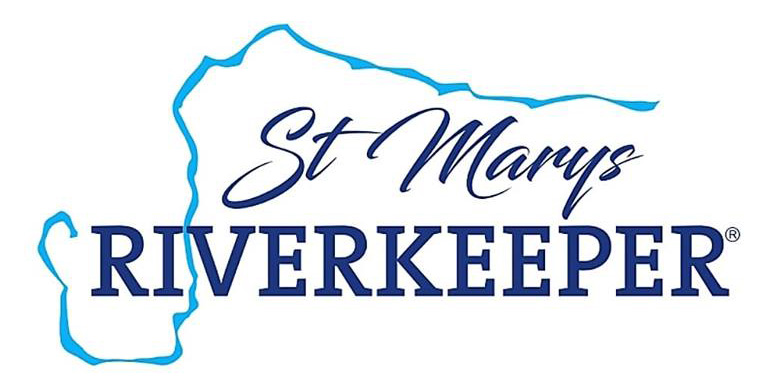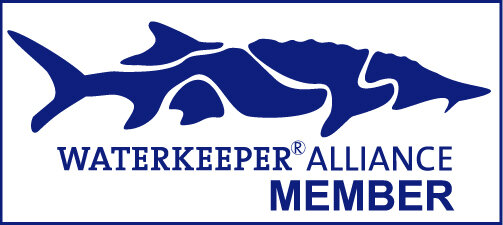NOAA forecasts 'Above-Normal' season
Hurricane season runs from June 1 to November 30 and NOAA forecasters are expecting this season to have ‘above-normal’ hurricane activity in the Atlantic Ocean. La Nina and warmer-than-average ocean temperatures are the major drivers of tropical activity. Be prepared, stay prepared.
Read the whole press release HERE.
NOAA Administrator Rick Spinrad, Ph.D. “With federal funding through the Bipartisan Infrastructure Law and Inflation Reduction Act…the Investing in America agenda has allowed us to enable rapid deployment of things like advanced water models, allowing us to build near real-time, high-resolution flood inundation maps across the country. NOAA is prepared to support our nation today with the most accurate and reliable information and environmental intelligence for the official government outlook.”
If you have questions, please contact you Emergency Management Agency
Storm Preparedness for Your Family
As we enter prime hurricane season, it is critical that we all take steps to protect our families, our homes, and our businesses. Make sure you and your family are safe by taking precautions and having necessary supplies in hand.
Check out this Emergency Supply Kit checklist from the City of Jacksonville
Check out this Be Prepared and Get Ready Plan from Nassau County
Check out this Flood Preparedness Information from Camden County
Protect our St. Marys River
It is also important that we protect our river and its tributaries from unnecessary harm. Here are some simple river friendly tips to add to your hurrican preparedness checklist:
- Now is the time to pump out your septic tank. Our river floods which can raise groundwater resulting in waste flushing into our waterways causing unhealthy water quality issues;
- As a storm approaches, secure your home as well as remove debris including tree branches, chairs, and equipment from the river’s edge. Keep our river debris free;
- “Only Rain Down a Storm Drain”. Keep storm drains clear of trash and debris to prevent streets from flooding and from making it to our river;
- Secure any chemicals, fertilizers, or pesticides in your garage or shed in an elevated position, so that they cannot leak into storm drains or waterways.
- Derelict boats cause a navigational hazard and can leak oil. Ensure your boat is secured or move it to a safer location. Read this press release from Florida Fish and Wildlife Service;
- During and after a storm, avoid contact with floodwaters. Heavy rains and flooding often result in sewage spills and pollutants that run off streets and parking lots, making the waters unsafe.
- Stay off the water during high water levels. Fast flowing water with down debris can be dangerous to you and others. Check the water levels before venturing out on the river after a storm.
Be a Watchdog
We will be monitoring conditions in the river after the storm passes and will keep you posted. If you experience any significant flooding or see a pollution problem, please let us know by sending photos, description, and location ([email protected]) or by tagging us on social media (@stmarysriverkeeper)




